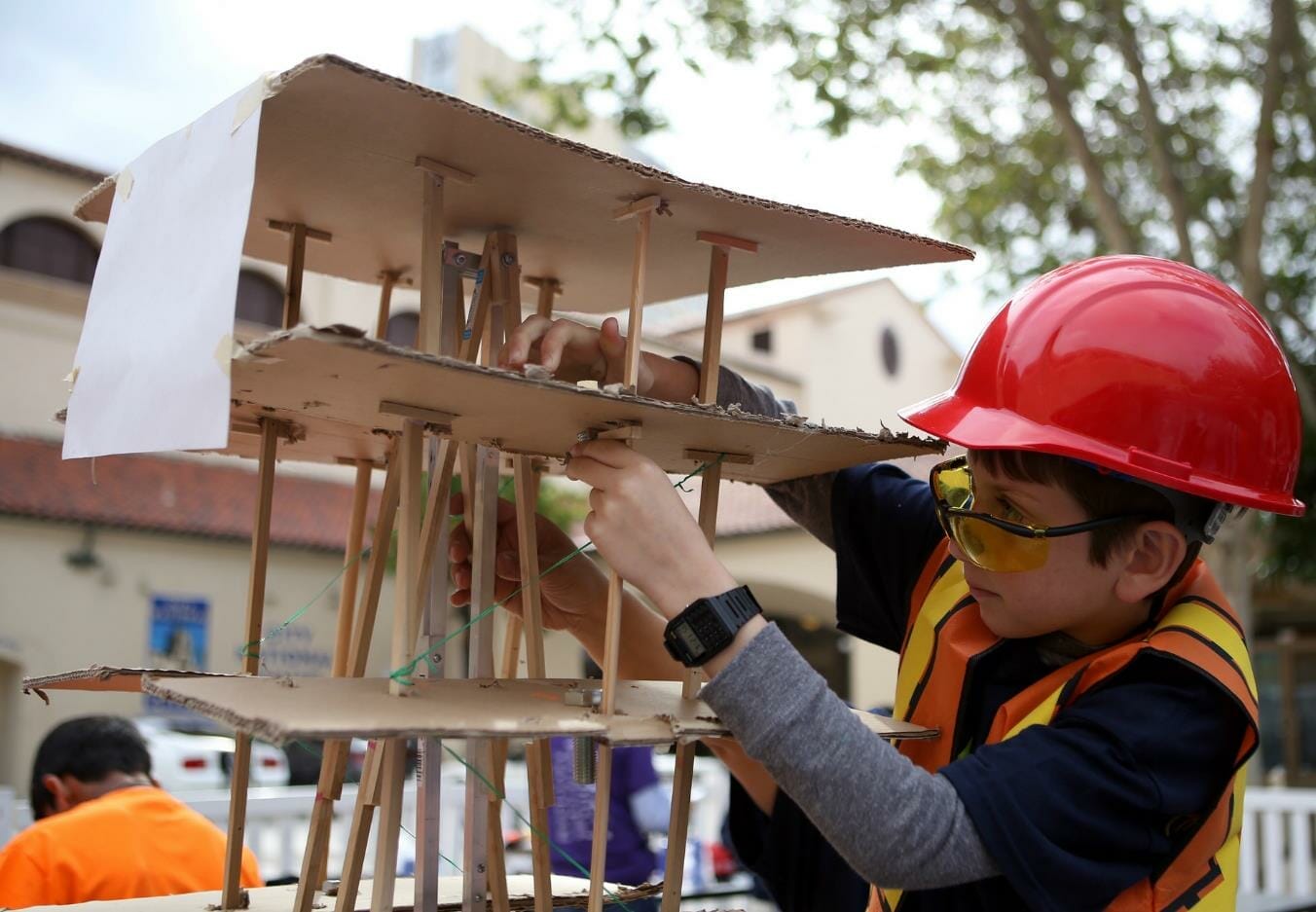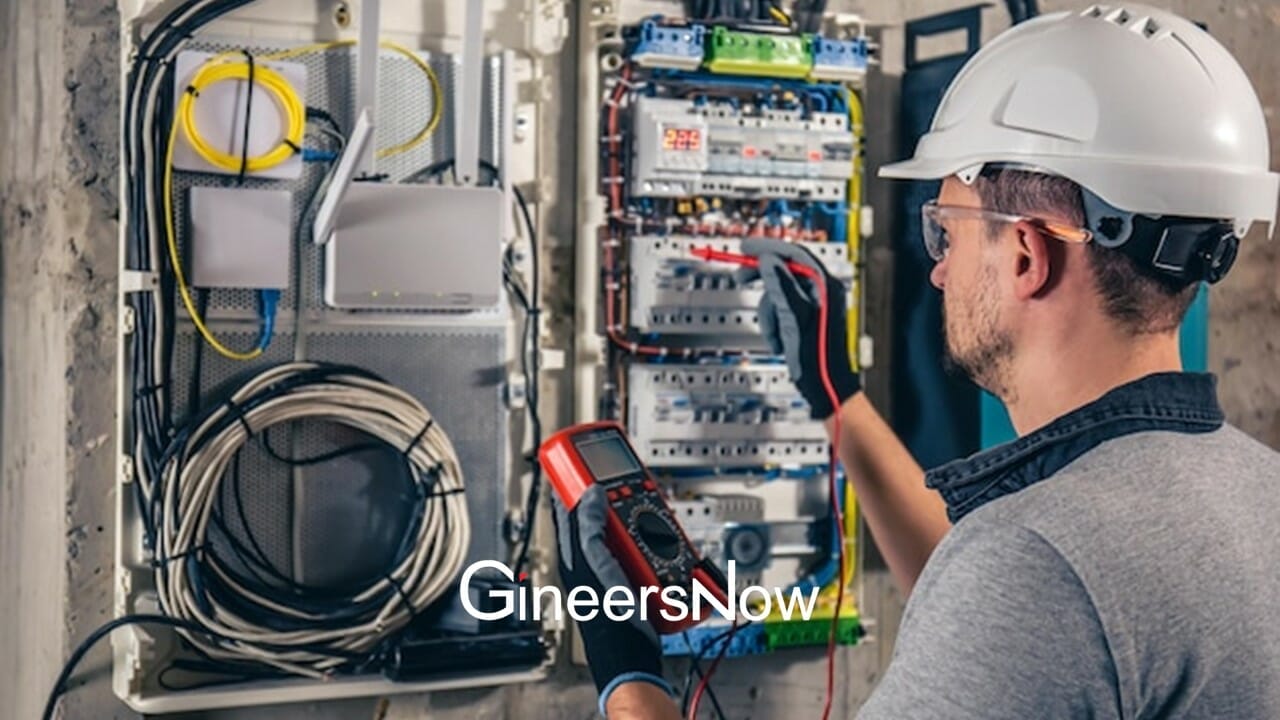In every family’s routine, we find a kaleidoscope of experiences that shape a child’s understanding of the world and their place in it. Your children and teens are observers, constantly studying your interactions, your reactions, and your habits. They learn from watching how you deal with stress, treat other people, and manage your emotions. As parents, we act as their first teachers, their moral compasses, their role models. They absorb our behaviors, attitudes, and values, much like sponges soaking up water. Therefore, it becomes crucial for us to model positive behaviors that can contribute to their overall development.
Let’s consider an example of how we can apply this concept. As the digital age advances, the value derived from helping kids learn coding has become an essential part of future job markets, and a gateway to countless creative opportunities. Parents interested in providing their children with a head start often consider enrolling them in kids coding classes or utilizing a coding website. The idea is not just to equip them with a valuable skill but also to demonstrate a commitment to lifelong learning and an openness to new challenges. By embracing and encouraging this learning journey, parents set an example of adaptability and resilience.

Highlighting Empathy and Respect
While teaching your child practical skills like coding is beneficial, it’s equally important to model emotional intelligence. The way you treat others, particularly in challenging situations, can shape your child’s understanding of empathy and respect. Remember, your actions speak louder than words. If you show kindness to a neighbor, patience with a waiter, or understanding to a friend, your child will mirror these behaviors. So, treat people with the kind of respect and kindness you want your child to display.
Managing Emotions and Stress
Life can often throw curveballs, leaving us to juggle stress and a whirlwind of emotions. But the silver lining is that these moments present perfect opportunities to show your child how to deal with their feelings constructively. Whether it’s practicing deep breathing, going for a run, or simply taking a moment to reflect, showing your child that it’s okay to feel stressed and teaching them how to manage these feelings can help them build emotional resilience.
Encouraging Healthy Habits
Physical health and wellbeing are as crucial as emotional intelligence. By integrating healthy habits into your lifestyle, you are setting an example for your children. Regular exercise, a balanced diet, sufficient sleep – these fundamental health pillars should be as much a part of your child’s routine as they are yours. Make them a family affair! Go for bike rides together, cook nutritious meals as a team, and establish a bedtime routine that ensures everyone gets enough rest.
Embracing Mistakes as Learning Opportunities
No one is perfect, and children need to understand that making mistakes is part of life and a vital part of learning. When you make a mistake, own up to it. Apologize if necessary and discuss what you’ve learned from the experience. Showing your child that everyone, including adults, can make mistakes, but what matters is how we learn and grow from them, is a priceless lesson in humility and resilience.
In conclusion, as engineers and parents, we serve as the most influential models for our children. Our actions, emotions, and attitudes leave lasting imprints on their development. We must, therefore, strive to model behaviors that we wish our children to emulate. By embodying empathy, respect, resilience, healthy habits, and a lifelong thirst for learning – including digital skills like coding – we arm our children with the tools they need to thrive in a rapidly evolving world. Remember, every interaction, every decision, every day, you are modeling behaviors for your child. Let’s make them positive ones.














